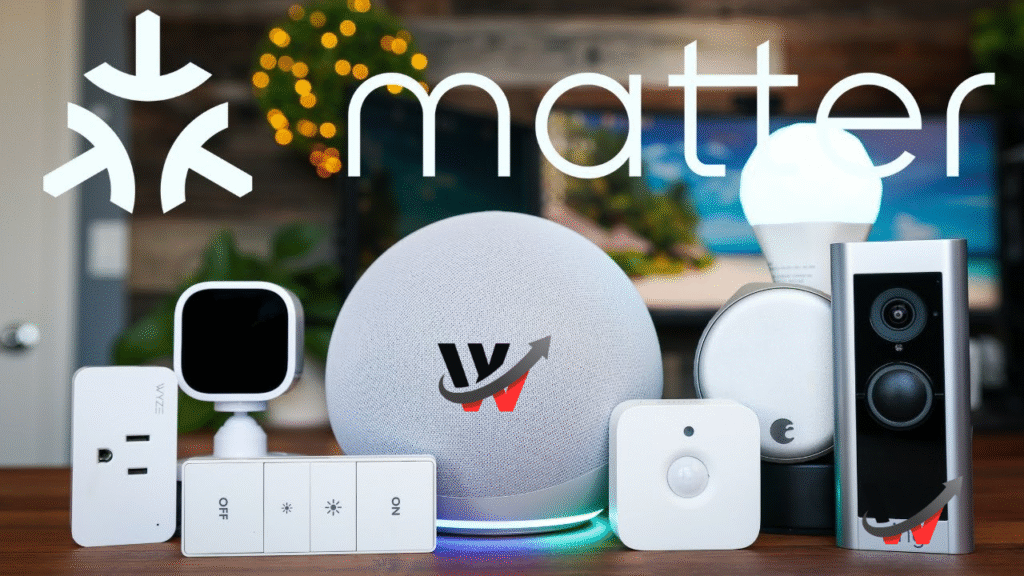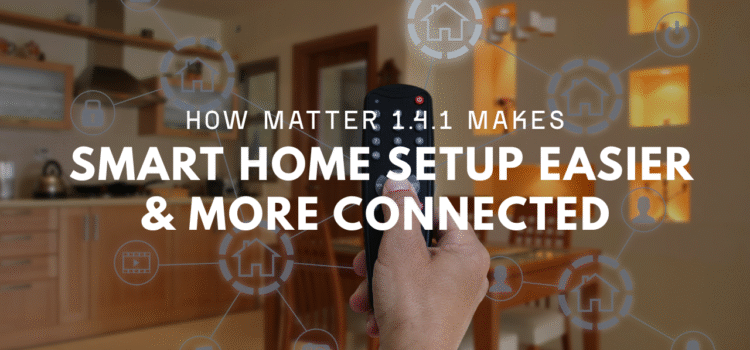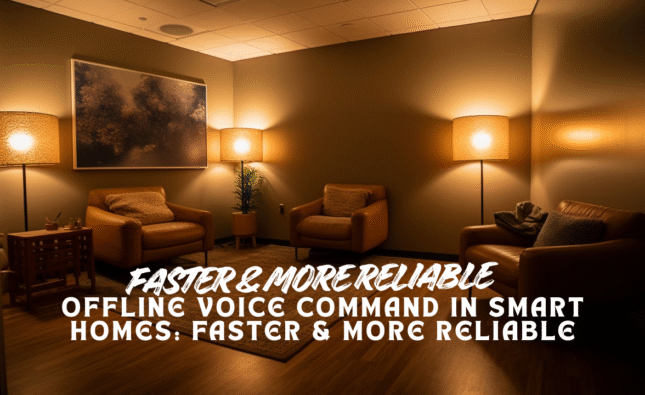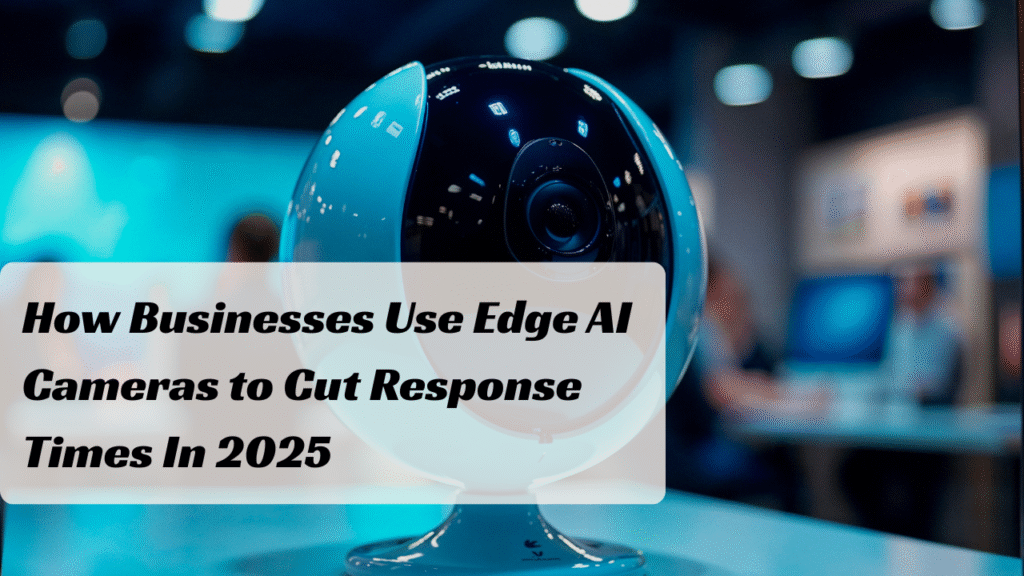Smart homes are becoming common. People want lights, locks, and cameras that work together. But until now, devices from different brands have often had problems. Some worked with one app but not another. Others required extra hubs that made things complex. Matter was designed to fix that. It is a standard that lets devices speak the same language. With Matter, your smart bulb, lock, or plug can connect with ease. You no longer need to worry about brands or platforms. The new update, Matter 1.4.1, takes this even further. It makes setup faster, connections stronger, and devices more useful. If you are planning to build or upgrade your smart home, this version is important to know.
What is Matter?
Matter is not a device or an app. It is a system that helps smart devices work together. Think of it as a common rule-book. Brands like Google, Apple, Amazon, and Samsung support it. Before Matter, smart homes were split. A lock might work with Alexa but not Apple. A light could connect to Google but not Samsung. This made users buy only from one brand. Matter solves this. If a device supports Matter, it works with all major apps. That means you can mix and match products with less stress.
Why Matter 1.4.1 Matters
The first versions of Matter focused on basic support. They helped with lights, plugs, locks, and sensors. But users wanted more speed and more features. Matter 1.4.1 answers that. It improves how devices connect and stay online. It also adds more device types and fixes past issues. This makes smart homes more stable and useful.

Easier Setup of Matter
One of the biggest wins is simpler setup. In the past, adding a new smart bulb or plug could take time. Some apps failed to detect devices. Others required scanning long codes or waiting for updates. Now, devices join faster. The new version improves how phones and hubs find them. Pairing often takes just a few taps. This reduces user errors and saves time.
Better Connections of Matter
Another upgrade is stronger device links. Many users had issues with devices dropping offline. A camera or lock that disconnects often is not safe. Matter 1.4.1 improves reliability. Devices stay connected even with weak signals. The update also helps them rejoin faster if Wi-Fi drops. This means less downtime and more trust in your system.
Wider Support for Devices
The list of supported device types keeps growing and adds new categories and improves old ones.
For example:
- Locks now have more secure control options.
- Lights can show advanced colors and effects.
- Sensors send faster alerts for motion or doors.
This makes smart homes more flexible. You can add devices that do more and control them all in one app.
Works Across Platforms
A key benefit of Matter is cross-platform use. This update makes it smoother. You could set up a lock with Google Home. Later, you can control it with Apple Home or Alexa. The device stays linked without needing a reset. This is helpful if you change phones or want to use multiple apps. Your home stays smart without new setups.
Stronger Security with Matter
Smart devices handle sensitive data. A weak system can risk your privacy. Matter 1.4.1 includes stronger encryption and safer device pairing. This means hackers have fewer chances to break in. The update also fixes past security gaps. With smart locks and cameras, security is not optional. This version makes sure your devices stay safe while connected.
Less Dependence on Cloud
Many smart devices used to depend fully on cloud servers. If the server went down, the device failed. It works differently. It allows local control. This means your phone can talk to devices directly at home. Cloud use is still possible for remote access, but it is not required for daily use. This makes devices faster and less likely to fail. Even if the internet drops, your lights and locks can still work.
Easier for Brands
It also helps device makers. The rules are clearer, and testing is faster. This means more brands will release devices that support it. As more companies adopt Matter, users get more choices. You won’t feel locked into one brand or one app.
Examples in Daily Life
Imagine you buy a new smart lock. It supports Matter. With version 1.4.1, setup takes less than five minutes. You scan a code, and it appears in your app. Later, you get a smart light from another brand. It also works with Matter. You add it to the same app, even though it is a different brand. Both devices now respond together when you say, “Good night.” The lock secures your door, and the light turns off. No extra hubs, no brand limits, just one smooth action.
The Role of Voice Assistants
Voice assistants like Alexa, Siri, and Google Assistant are part of most smart homes. It makes them work better with more devices. You can now use any assistant to control the same device. No need to worry about which assistant the brand supports.
Preparing for the Future
If you are buying smart devices now, look for Matter support. Many products from 2025 onward will include it. Older devices without Matter may not connect as smoothly. Some brands may release updates to add support, but not all. Planning ahead can save money and reduce frustration.
Should You Upgrade?
If your devices already support Matter, update them to version 1.4.1. The gains in speed, stability, and safety are worth it. If you are starting fresh, pick devices with Matter built in. This will give you the most flexibility.
Conclusion
It is not just a small update. It makes smart homes easier to set up, safer to use, and more open. You get faster installs, stronger links, and better security. For users, it means less hassle and more choice. For brands, it means a common standard that benefits all. Smart homes should make life simple. They are closer to that goal.













